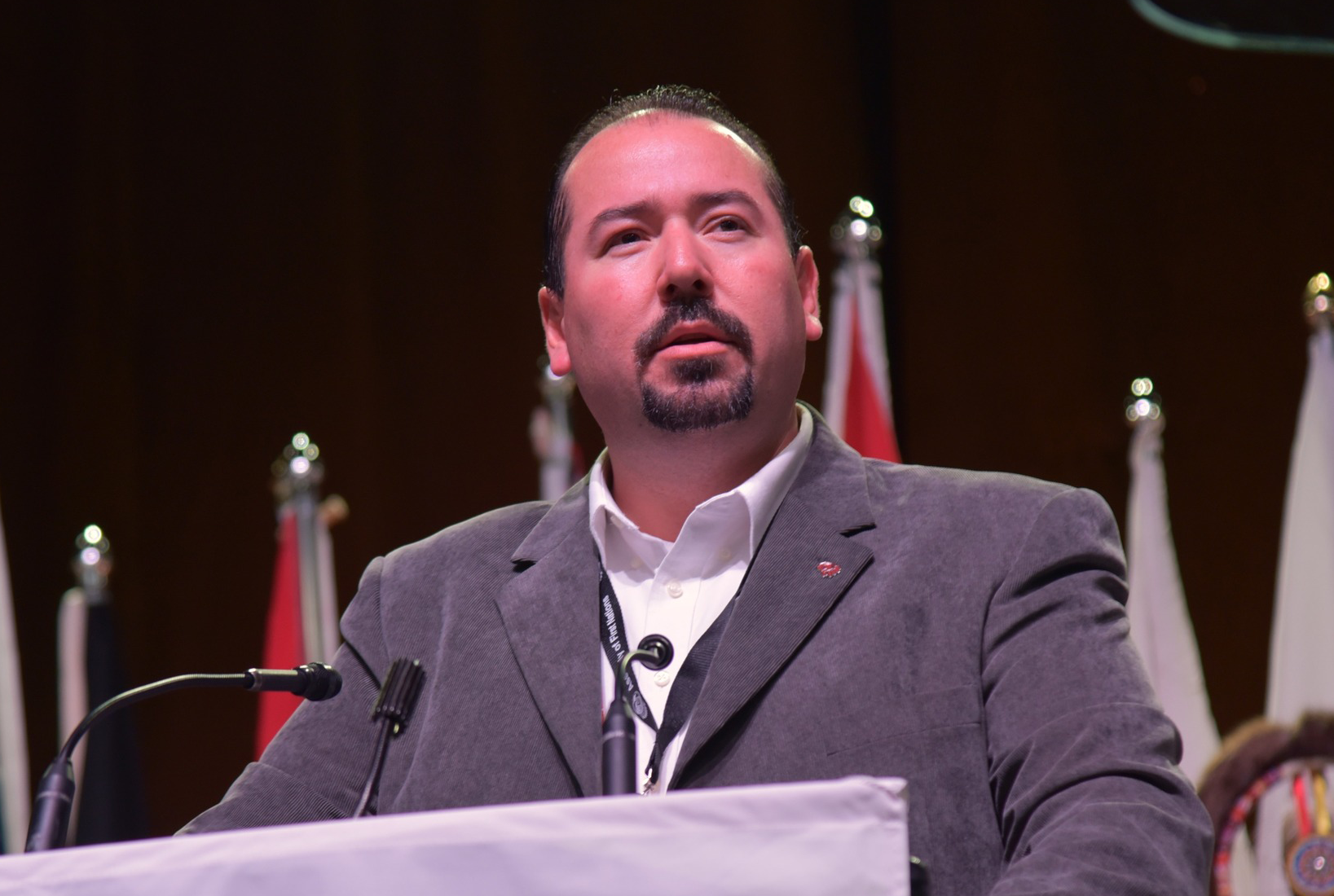
One of the largest Indigenous organizations in Canada is calling for sweeping reforms to a federal health benefits program that covers mental health care services for some of the world’s most vulnerable patients.
The Chiefs of Ontario, which advocates for 133 First Nations across the province, is demanding the federal government immediately review the professional backgrounds of therapists and counsellors approved to treat First Nations and Inuit patients and remove those with questionable histories.
The call comes in response to a Investigative Journalism Bureau investigation/Toronto Star/ published Friday that found the federal government’s Non-Insured Health Benefits (NIHB) program includes mental health-care providers with serious criminal and professional disciplinary histories that include offences such as murder, having sex with a former patient and allegedly abandoning a suicidal patient. Another therapist made social media posts that offended Indigenous patients and mental health experts, including one article he reposted that said residential schools had the “intent of educating children, assimilating them into the broader Canadian population, and ultimately lifting them out of poverty.”
“The findings of this investigation are deeply troubling and call into question the very foundations of a program that is meant to heal, not hurt, First Nations people,” said Ontario Regional Chief Abram Benedict in a written statement.
“When the government approves a provider, they are effectively endorsing them and saying, ‘This person can help you.’ But it’s clear that this is not always the case. How can someone who appears to believe — or at least entertains the idea — that residential schools were implemented with noble intents, provide mental health care to someone suffering from the ongoing trauma of those very institutions?”
The NIHB program, administered by Indigenous Services Canada (ISC), is designed to cover the health-care costs for First Nations and Inuit people who face some of the highest rates of suicide in the world. It provides benefits — including counselling, dental care, medication, optometry services and medical devices — to those who would otherwise not be able to access critical services.
There are about 5,000 government-approved mental health counsellors enrolled in the program, according data the Investigative Journalism Bureau (IJB) obtained through a federal Access to Information request. Only about a quarter of counsellors approved by the NIHB self-reported having cultural competency or previous experience working with First Nations or Inuit clients.
Journalists checked the backgrounds of thousands of NIHB-approved mental health providers against professional disciplinary records, civil and criminal court documents and social media profiles.
In response to requests for comment about those with troubling backgrounds, ISC officials issued a written statement saying the program is “not responsible for the licensing and regulation of health professionals,” and that such questions fall to provincial regulatory colleges that licence psychologists, psychotherapists, social workers and others.
“We invite anyone who has concerns regarding the competence of a health provider to file a complaint with the relevant provincial/territorial regulatory body.”
It’s a response that has failed to satisfy First Nations leaders.
“Indigenous Services Canada cannot sit idly by while this broken mental health system does further damage to vulnerable First Nation communities,” reads the Chiefs of Ontario statement.
Shawanaga First Nation Chief Adam Pawis characterized the federal government’s response this way: “Frankly, that’s bogus. We have treaties with the Crown that must be honoured.”
Neither ISC officials or federal Indigenous Services Minister Patty Hajdu responded to questions about the Chiefs of Ontario statement by deadline.
The Star/IJB investigation also found that despite a shortage of culturally sensitive therapists, thousands of experienced Indigenous counsellors are denied NIHB enrolment because they live in provinces that don’t have regulated licensing bodies required for NIHB eligibility.
Lori Idlout, federal NDP critic of Crown-Indigenous relations (Nunavut) and a member of the standing committee on Indigenous and Northern Affairs, said in an interview Saturday that the NIHB system needs to be “overhauled.”
“There are so many gaps in this program,” she said in response to the investigation. “There are too many times where First Nations and Inuit realities are still not understood, especially with academically-certified mental health providers.”
Indigenous provincial NDP MPP Sol Mamakwa, who represents the riding of Kiiwetinoong in Sioux Lookout, Ont., says inaccessible quality mental health services for First Nations people has been allowed to continue without action.

“These governments have the resources and they don’t care. I’ve learned that’s how oppression comes and works. It’s the youth, it’s the children that pay in full with their lives.”
The “broken” NIHB system has been the target of Indigenous complaints for decades, says Chiefs of Ontario’s Benedict.
“This investigation amplifies the voices … Now maybe our calls for change will be met with action. Urgent reforms are needed to address the serious and harmful faults in the program.”
With files from Wendy-Ann Clarke, Owen Thompson and Declan Keogh/Investigative Journalism Bureau
This story was also published in the Toronto Star.
The IJB is a nonprofit, collaborative newsroom focused on delivering deeply reported stories in the public interest. We rely on the support of individuals like you to continue our work. Consider making a donation here.

